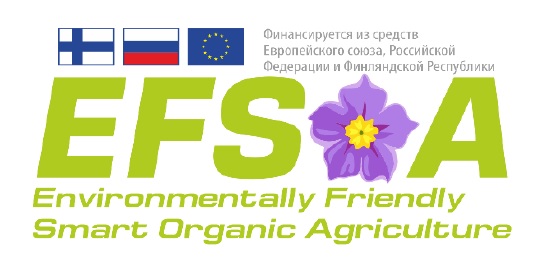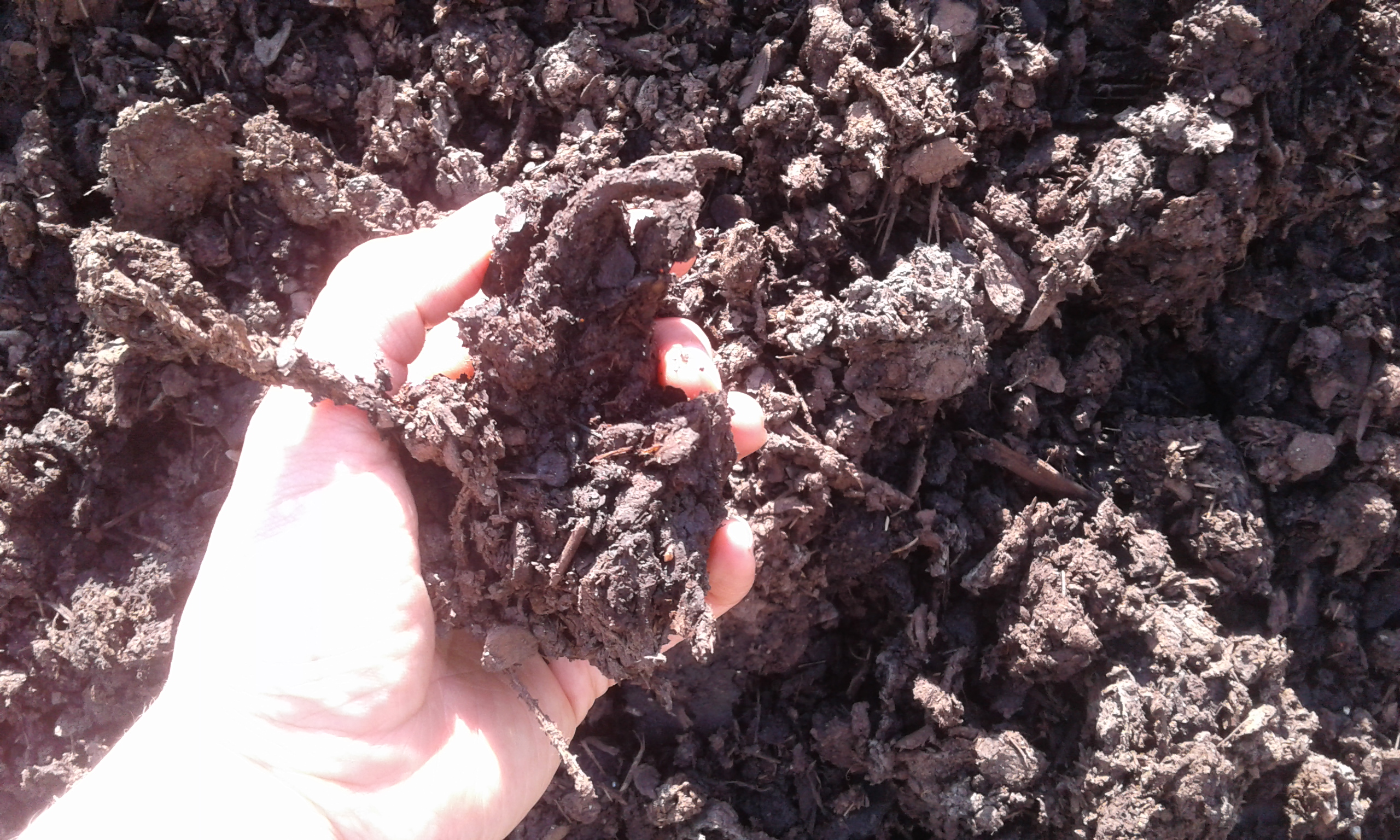Crushed bark, a side stream of plywood manufacture, was tested in a two-year organic field experiment. The results indicate that crushed spruce bark with a high C/N ratio is suitable as soil conditioner. Yield and grain quality improved when it is applied only once, but not twice in successive years.
Need for solutions to replace animal manure with sustainable alternatives
Due to the reduction of cattle farming, the Finnish agricultural sector currently needs solutions to replace animal manure with new sustainable alternatives. This problem is especially acute for organic farms, which need livestock manure to improve soil fertility and soil organic carbon to sustain yield. On the other side, plywood manufacturers aim to find ways to reuse waste fractions such as sandy, wet spruce bark waste.
Half of the plots received base ash obtained from a power plant
To address both issues, a new soil conditioner was developed from crushed bark and approved for organic farming by the Finnish Food Authority. To test the advantages of the bark in organic wheat production, we conducted a two-year field experiment on a field on loamy sand with moderate soil fertility. Bark was applied either in the first year of the experiment or in both years. In addition to the bark, half of the plots received base ash obtained from a power plant using wood to maintain the optimal soil pH. All plots were fertilised annually with commercial organic fertilisers. The control plots received no bark or base ash.
A one-year application of crushed bark with base ash statistically significantly increased the grain yield by 800 kg per hectare in the following growing season compared with the control. In terms of grain yield quality, a one-year application of crushed bark with or without base ash already showed an improvement of 1000 seed weight by 2 g in the first year, and the effect was even more pronounced in the second year of the experiment. Hectoliter weight was increased in the following year after application of crushed bark with base ash.
In contrast, a two-year application of crushed bark either alone or with base ash caused no changes in grain yield, nitrogen uptake, or yield quality compared with the control. The results indicate that the use of crushed spruce bark with a high C/N ratio as soil conditioner in a large amount may be beneficial in terms of yield and quality when it is applied only once, but not twice in successive years.
Soil parameters should be taken account
Future studies need to focus on the long-term residual effects of crushed bark on productivity, as well as soil parameters such as soil organic carbon, cation exchange capacity, and soil microbial activity.
Scientific article in Italian Journal of Agronomy
The study was part of the Environmentally Friendly Smart Organic Agriculture (EFSOA) -project.

Authors
Päivi Kurki, Elina Nurmi, Merja Högnäsbacka, Elena Valkama from Natural Resources Institute Finland (Luke)
